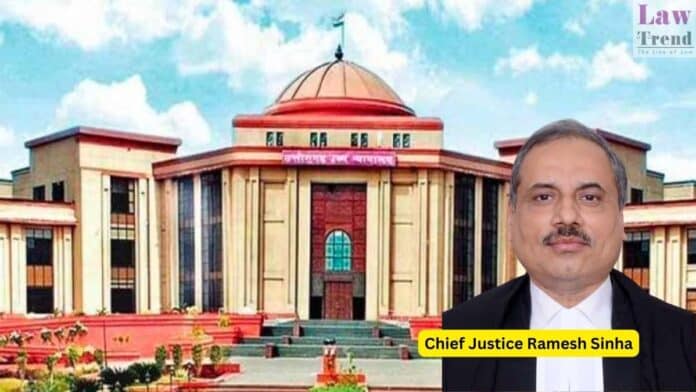The Chhattisgarh High Court has acquitted a public servant, Lavan Singh Churendra, who was earlier convicted by a Special Judge (Anti-Corruption), Raipur, for offences under Sections 7 and 13(1)(d) read with 13(2) of the Prevention of Corruption Act, 1988. The High Court held that in the absence of conclusive proof of demand and voluntary acceptance
To Read More Please Subscribe to VIP Membership for Unlimited Access to All the Articles, Download Available Copies of Judgments/Order, Acess to Central/State Bare Acts, Advertisement Free Content, Access to More than 4000 Legal Drafts( Readymade Editable Formats of Suits, Petitions, Writs, Legal Notices, Divorce Petitions, 138 Notices, Bail Applications etc.) in Hindi and English.




